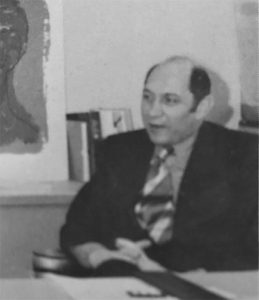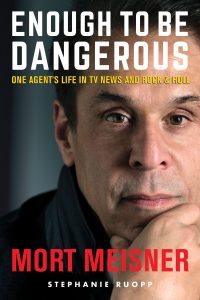Nobody makes it to the top alone.
Mort Meisner is quick to acknowledge this fact. And he is ever grateful to everybody who fostered him along on his path to success. There were two people who were especially pivotal in his upward climb.
Over the many decades in the business, Sportscaster Dave Diles and News Director Phil Nye were truly inspirational to Mort in so many ways. And were it not for them as his mentors, he believes he wouldn’t be where he is today.
Dave Diles
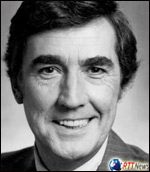
Dave Diles, ABC Sports and WXYZ TV Channel 7, Detroit
When Mort was a child in the 1960s and 1970s, sportscaster Dave Diles had a show on WXYZ AM 1270 that was the precursor of today’s sports talk radio. And Mort didn’t miss a single episode.
He particularly loved that Dave invited listeners to “Dial Dave Diles” and try to stump him with questions. Mort called many times per week in an attempt to outsmart him. He was pretty confident in his knowledge of sports trivia, thanks to his older brother who ate, slept, and breathed football. From his memoir, Enough to Be Dangerous:
The excitement of sports provided a soothing refuge from the chaotic violence of our household. At night, I would crawl under the covers with my powder blue, nine-volt transistor radio and listen to games, whether they were played locally or on the West Coast. As I fell asleep to these games, I absorbed the information like a sponge.
All of this gave me the ability to stump Dave and go toe-to-toe with him, even though I was just a young kid. As a result, they always put me on the air— which, by my estimation, made me something of a radio personality. And in a way, I was. Dave made jokes about me and called me “Morty in the Morning.” The more he joked, the more I loved him. I frequently sent him letters about how much I longed to be in the business someday.
One glorious day, Dave invited Mort to have his dad bring him to the studio. Completely out or character for Mort’s dad, he agreed to take him. More in character, he refused to accompany his nervous 12-year-old son into the studio.
So Mort entered the studio alone with sweaty hands and a pounding heart, certain he was going to be interviewed. It quickly became clear that wasn’t the case. It didn’t matter, though. Dave let him soak everything in, and fall more deeply in love with the idea of being a broadcaster.
Mort always remembered the amazing opportunity that Dave had made a reality. Over the years, he would call in and write letters to him. Dave almost always responded, encouraging Mort to follow his dream of becoming a sportscaster. “There is no short-cut to your dreams,” Dave said to him. “Just make sure you pick a good university to make them happen, though.”
And that’s exactly what Mort did.
Phil Nye
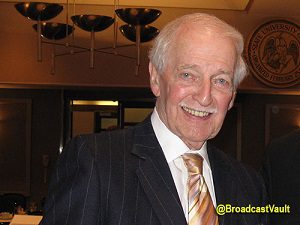
Phil Nye, Legendary ABC News Vice President and News Director, and Mort’s mentor
Mort would end up having a lot of great instructors at the University of Detroit. But it was Phil Nye who was the biggest motivator for his eventual move to broadcasting. He met Phil in 1974 when he was a student in his News Writing for Broadcast class. As Mort recalls in his memoir:
“Kid, you’re a terrific writer,” he told me. “Stick to it, follow your dreams.”
So I did.
When I finished college in 1975, Phil was the legendary news director at WXYZ, ABC Channel 7 in Detroit. He’d been a newsman at local AM WKNR, and was later credited with being one of the men who started and proliferated “happy talk” with the ABC-owned- and operated-stations. He was brilliant, well-respected and intimidating enough to manage Detroit news anchor legend, Bill Bonds. Only a small handful could lay stake to that claim.
Since he’d so wholeheartedly encouraged Mort to follow his dreams, he started to ask Phil for work. He wrote him letters and called him regularly. Sometimes he responded.
In August of 1976, Phil informed him that he expected a bottom-rung position to open up soon at the station. Mort took this as a free pass to show up at the station three to five days every week and sit outside Phil’s office. Then finally, in late December, Phil walked out and said, “Morty? If I hire you, will you leave me the fuck alone?” To which Mort was completely amenable.
When he walked into the station lobby that first morning, he thought of the day so long ago when his father had taken him to meet Dave Diles, but wouldn’t join him inside the station. This wasn’t the same place, of course. But he was just as excited. It was 11 years later and he was finally on his way.
Life Long Lessons
Over the years, Phil Nye would remain a fixture in Mort’s life. He would provide Mort not only with new opportunities, but with sage advice.
For instance, while Mort had the good fortune to win many awards over the years, they were never what mattered. He kept his focus on the viewer. He knew what the viewers wanted because he talked with them and, maybe more importantly, they talked with him. They kept coming back again and again. Phil Nye had always counseled him, “Take it to the people, to the neighborhoods.” Mort carried that theme throughout his career.
And while he wouldn’t encounter Dave Diles nearly as much, shortly before he left Detroit for Chicago, Dave Diles and Jim Herrington threw him a going away party.
Just before the party, I went to Dave and told him, “It’s been incredible. You’ve been such a great mentor and even gave me relationship advice—even though you’ve been married multiple times. Why were you always there for me?”
To my surprise, he grabbed me by my shirt and shoved me up against the wall. “What the fuck is the difference why I did it?” he snarled. “I did it, didn’t I? And you better fuckin’ do it, too.”
Though Mort was a little shaken, he never forgot the gesture—or the lesson. Any time someone needs 10 minutes of his time, he remembers this. He can honestly say that any time someone has asked to meet with him over the years, he’s always said yes.
Even on days when maybe he felt like saying no.
A Shout out to All the Mentors
Dave and Phil were among the mentors that showed up in different shapes and forms through Mort’s career.
If you’re interested in learning about some of his other inspirations, pre-order your autographed copy of Enough to Be Dangerous today – due for release on October 1st from Two Sisters Writing and Publishing.
And until then, be sure to subscribe to our blog to get all the latest info on the launch party and other events!
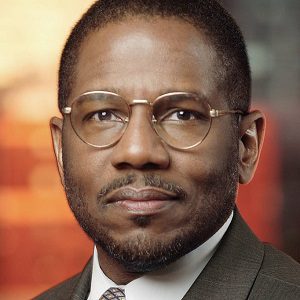
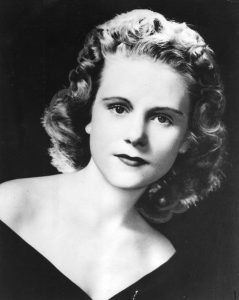
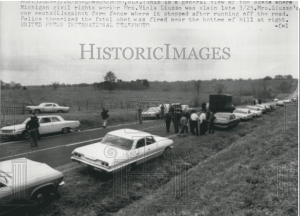
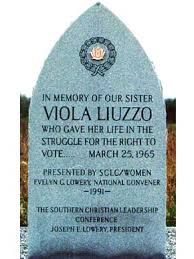
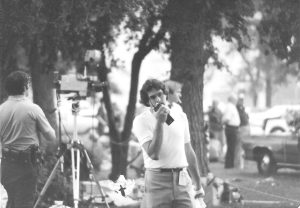
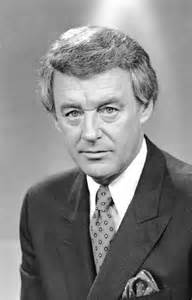 If you lived in Detroit in the 1970s and 1980s, you’ve heard of
If you lived in Detroit in the 1970s and 1980s, you’ve heard of 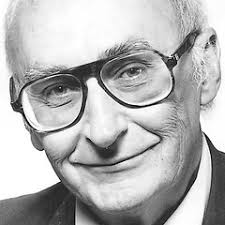 During Mort’s time in Chicago, one of his goals was to meet Mike Royko, the late
During Mort’s time in Chicago, one of his goals was to meet Mike Royko, the late 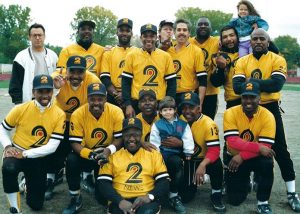
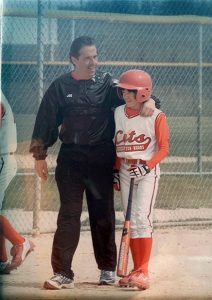 For example, he discusses a period of time after he was let go from a job and suddenly had time on his hands.
For example, he discusses a period of time after he was let go from a job and suddenly had time on his hands.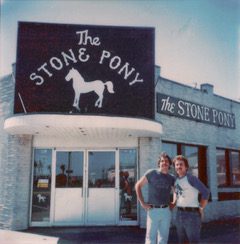 Many of us remember the first time we saw a musical act that transformed us. For
Many of us remember the first time we saw a musical act that transformed us. For 